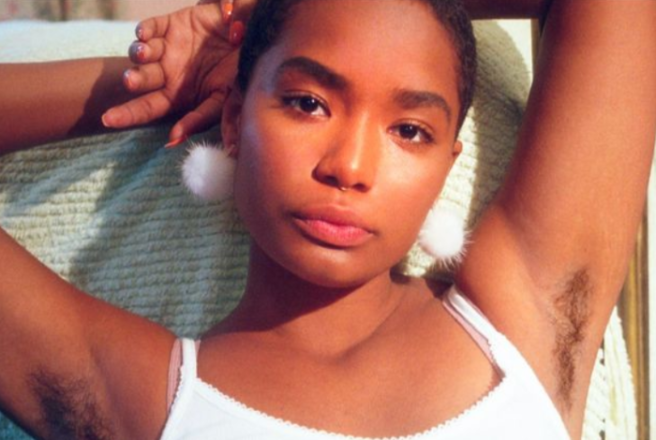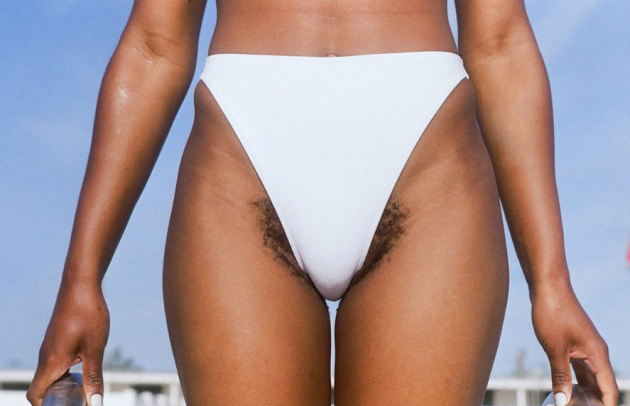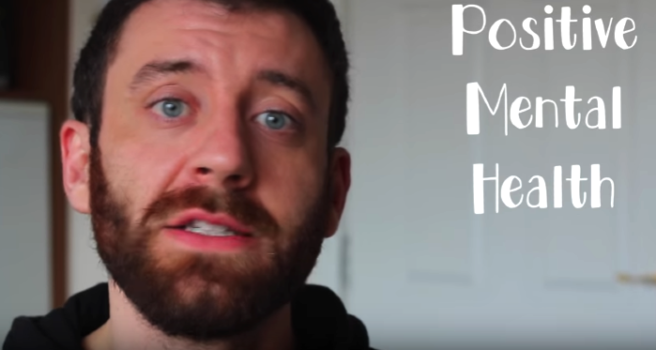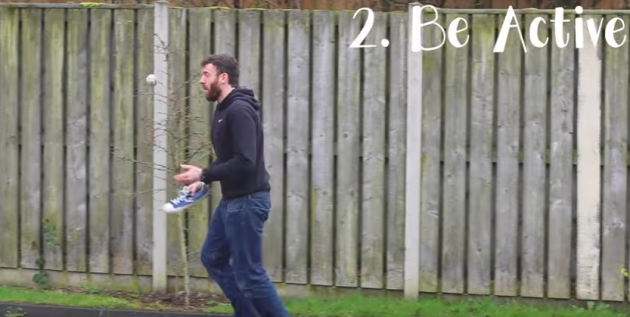
Sex toy study discovers the world’s surprising self-pleasure habits
Female masturbation has long faced stigma, yet male masturbation is socially accepted as normal, and even healthy. Yet the advantages and benefits of self-pleasure for women can be easily overlooked.
A new study by TENGA took a dive into the world of self-lovin', and highlighted the impacts it has on everyone around the globe.
The sex toy company surveyed 10,000 people from nine different countries worldwide to investigate how much masturbation has impacted their lives. The result? It's pretty damn important to people.

According to the results, 91 percent of people in the United Kingdom indulge in masturbation, or have at one point or another. That's around 60 million people, which is impressive.
Unfortunately the survey didn't use Irish people as participants, but we reckon the UK is close enough of an indicator.
When the surveyed population were asked why they masturbate, they responded with three dominant reasons; to satisfy their horniness, to achieve sexual pleasure or to relax/relieve stress.
Other reasons were boredom, to help them sleep, to give them body confidence, to become a better sexual partner or because their partner didn't want to have sex with them at the time.
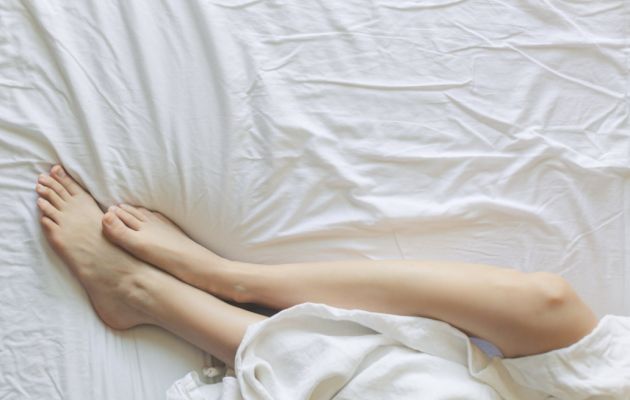
Other research showed that British men and LGBTQ+ are more likely than other group to masturbate, and men and younger generations tend to start younger – around the age of 13.
93 percent of men said that they had masturbated before, while 88 percent of women claimed to have indulged themselves in self-pleasure before. Women tended to start at the later age of 15.
The stereotype is that women don't masturbate as much as men, but science has disproved this on multiple occasions. Girls love self-love, face the pleasurable facts.
Women who currently use a sex toy were found to be more satisfied with almost every aspect of their sex lives than women who don’t – especially when it comes to quality of masturbation and frequency of orgasm.

When asked how often they masturbate, 61 percent of British participants confirmed they do it at least weekly – a greater share than in almost every other country surveyed.
Those UK people surveyed said that they are horniest in the month of July (summer lovin'), touch themselves most between 7:30 – 11:30 p.m. and, normally take to their bedrooms to do it.
Sexual therapists and health experts agree that masturbation has many benefits, including letting go of sexual shame, better sex, improved body image and a stronger libido. It also releases stress-reducing endorphins in women.
64 percent of Brits surveyed consider masturbation to be a form of self care or therapy, and 52 percent think it impacts wellness or state-of-mind.
While men tend to orgasm all or most of the time, women are significantly less likely to orgasm as frequently.
Nearly 80-90 percent of people find masturbation to have a positive effect across most aspects of their lives, including their mood, health, energy and productivity levels, and their relationships.
Among the 41 percent of Brits who have regular masturbation routines, men usually watch porn but women prefer to use their imaginations. Interestingly, British fantasise about previous partners more often than their current one. Hmm…
Finally, when asked what celebrities were fantasised about, the most common answers were Jennifer Lawrence, Tom Hardy, Mia Khalifa, Christian Grey, Johnny Depp and Emma Watson.







